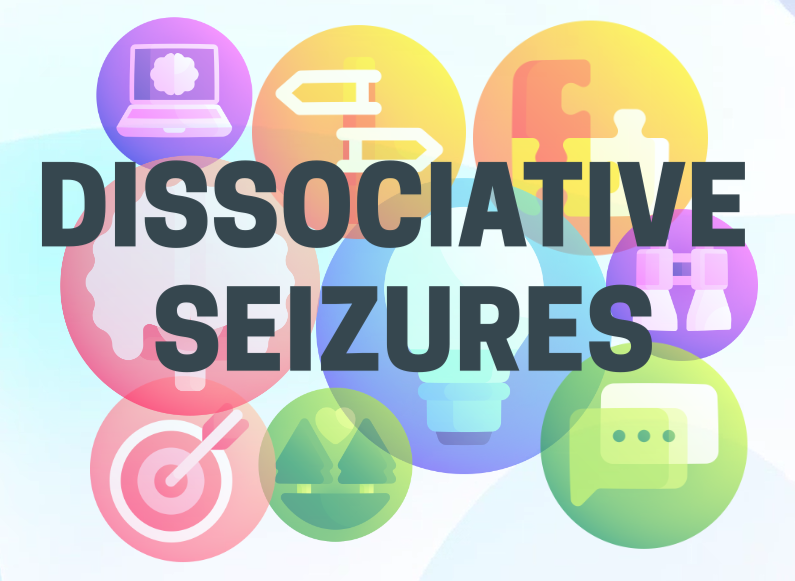What is Dissociation?
Dissociation is a change in consciousness and awareness. It is common, and everyone can experience an element of dissociation at some point in their day-to-day life, although we may not realize it.
It can be helpful to think about dissociation as being on a spectrum. For example, at the mild end of this spectrum, there could be daydreaming, something we have all done at some point. However, as we move through this spectrum, the experience can become more severe, and we can lose awareness or even consciousness, like what we see in dissociative seizures.

It is important to recognise that dissociation can be quite helpful. For example, when we go through difficult periods in our lives, we may experience mild dissociation that provides us with space and relief from distress, which can be quite soothing and helpful.
However, when dissociation happens frequently to deal with life's challenges, it can quickly become unhelpful. This process repeats over and over to the point that our brain is trained to turn to dissociation even when it is no longer helpful to us. The brain looks for patterns and can develop new habits easily. Over time, Dissociative Seizures become an automatic response that can happen without much prompting.
Although all of us will have some experience of mild dissociation, some people seem to be more prone than others. Not everyone will experience the more severe end of the dissociative spectrum and have Dissociative Seizures when they become distressed.
You can learn more about dissociation by clicking here.





